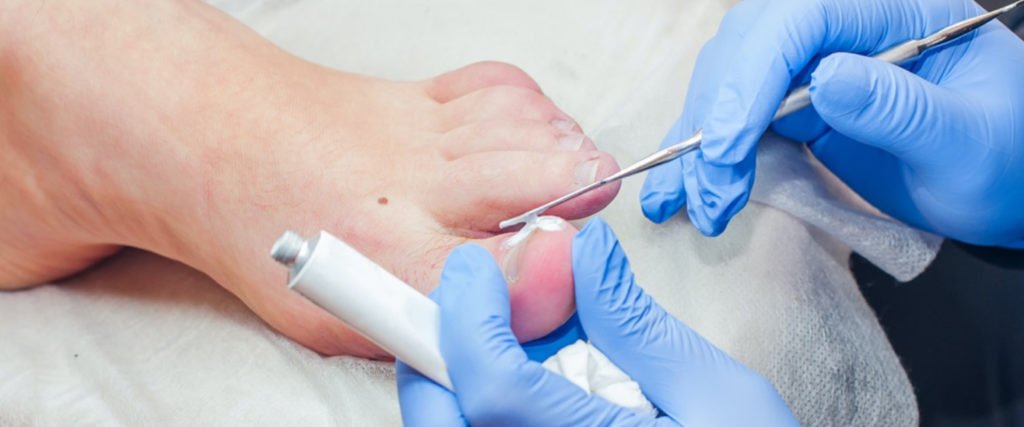When dealing with persistent nail problems that don’t respond to conventional treatments, nail surgery can provide a long-lasting solution. In Cardiff, a thriving city with a diverse population, the option of nail surgery is available to individuals who suffer from ingrown nails, chronic infections, or other troublesome nail conditions. This article will delve into the details of nail surgery in Cardiff, exploring its benefits, the procedure itself, and what to expect during the recovery process.
- Understanding Nail Surgery
Nail surgery, also known as partial nail avulsion (PNA) or nail plate avulsion, is a minor surgical procedure performed by qualified podiatrists or nail surgeons. The primary aim of this procedure is to address and resolve painful and persistent nail problems that are not effectively treated through conservative methods.
- When is Nail Surgery Recommended?
Nail surgery is recommended for individuals suffering from various nail issues, including:
a. Ingrown Nails: When the edge of a toenail grows into the surrounding skin, it can lead to pain, swelling, and infection. In cases where conservative treatments have failed to provide relief, nail surgery becomes a viable option.
b. Chronic Nail Infections: Stubborn fungal or bacterial infections that do not respond to topical or oral medications may necessitate the removal of the affected nail to allow for proper healing.
c. Traumatic Nail Injuries: In cases of severe nail injuries or damage, nail surgery can help to remove the damaged portion and facilitate the growth of a new, healthy nail.
- The Nail Surgery Procedure
The nail surgery procedure typically involves the following steps:
a. Local Anesthesia: Before commencing the surgery, the affected toe is numbed using a local anesthetic to ensure a pain-free experience.
b. Partial Nail Removal: The podiatrist carefully removes a portion of the affected nail, either the edge or a part of the nail plate, depending on the nature of the problem.
c. Chemical Cauterization: In some cases, the podiatrist may apply a chemical agent (phenol) to the nail matrix to prevent the regrowth of the problematic nail section, reducing the likelihood of recurrence.
d. Dressing and Bandaging: After the procedure, the toe is dressed and bandaged to protect the area and promote healing.
- Post-Surgery Care and Recovery
Following nail surgery, it is essential to adhere to the podiatrist’s post-operative instructions, which may include:
a. Proper Foot Hygiene: Keeping the treated toe clean and dry to minimize the risk of infection.
b. Medication: Prescribed antibiotics or pain relievers, if necessary, to aid in the healing process.
c. Rest and Elevation: Elevating the foot and avoiding excessive pressure on the treated toe to reduce swelling and discomfort.
d. Follow-up Appointments: Scheduled follow-up visits to monitor the healing progress and address any concerns.
- Benefits of Nail Surgery
Nail surgery in Cardiff offers several advantages, such as:
a. Permanent Relief: Nail surgery provides a lasting solution to persistent nail problems, offering relief from pain and discomfort.
b. Improved Nail Health: The removal of damaged or infected nail tissue allows for the growth of healthier nails.
c. Preventing Recurrence: In some cases, the chemical cauterization during the procedure can help prevent the recurrence of ingrown nails.
Nail surgery is a viable option for individuals in Cardiff suffering from stubborn nail problems. Whether dealing with ingrown nails, chronic infections, or traumatic nail injuries, seeking the expertise of a qualified podiatrist can lead to lasting relief and improved nail health. If you’re experiencing persistent nail issues, consult a reputable podiatry specialist to determine if nail surgery is the right choice for you. Your journey towards healthier, pain-free nails starts with professional guidance and care.

